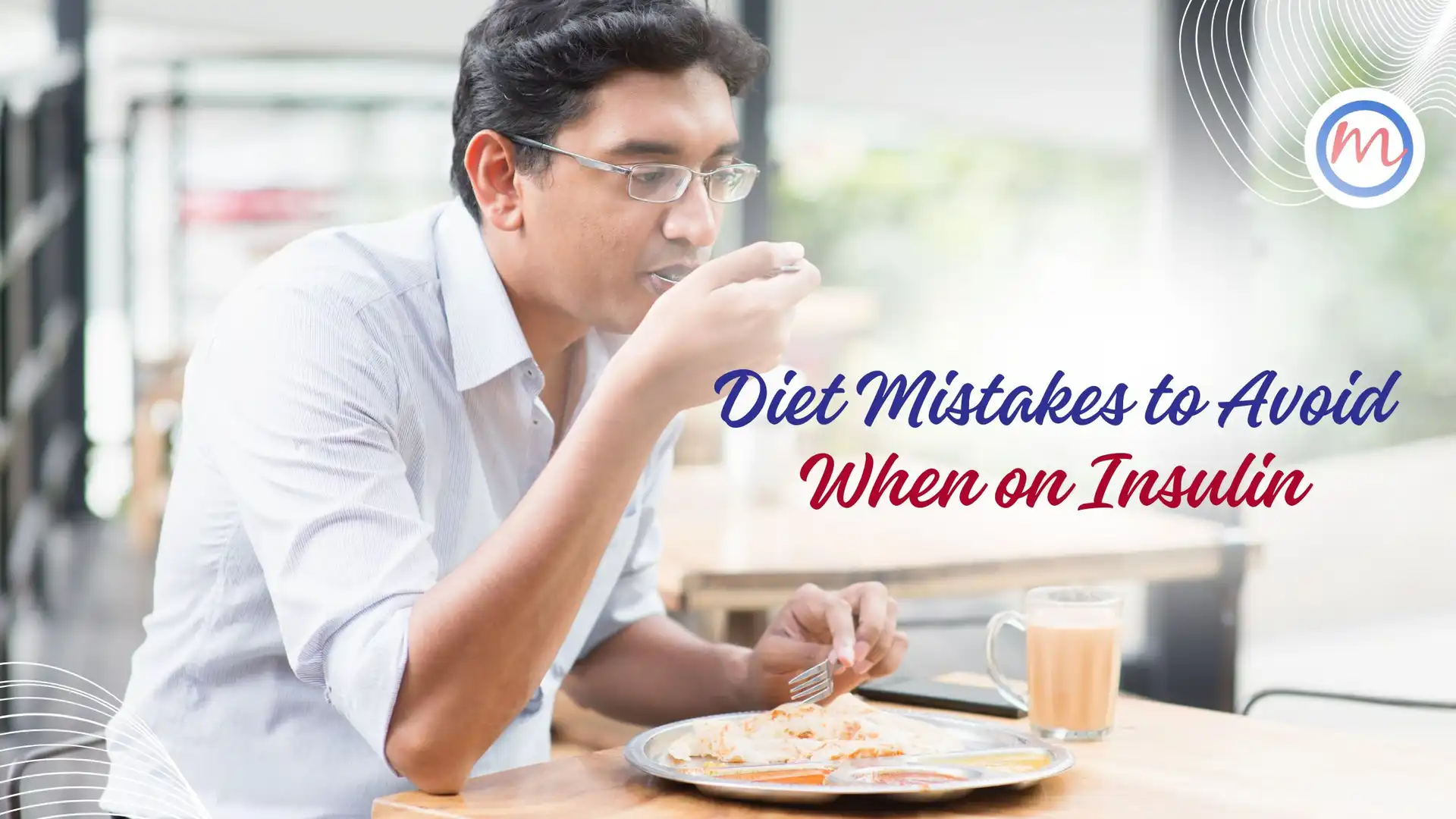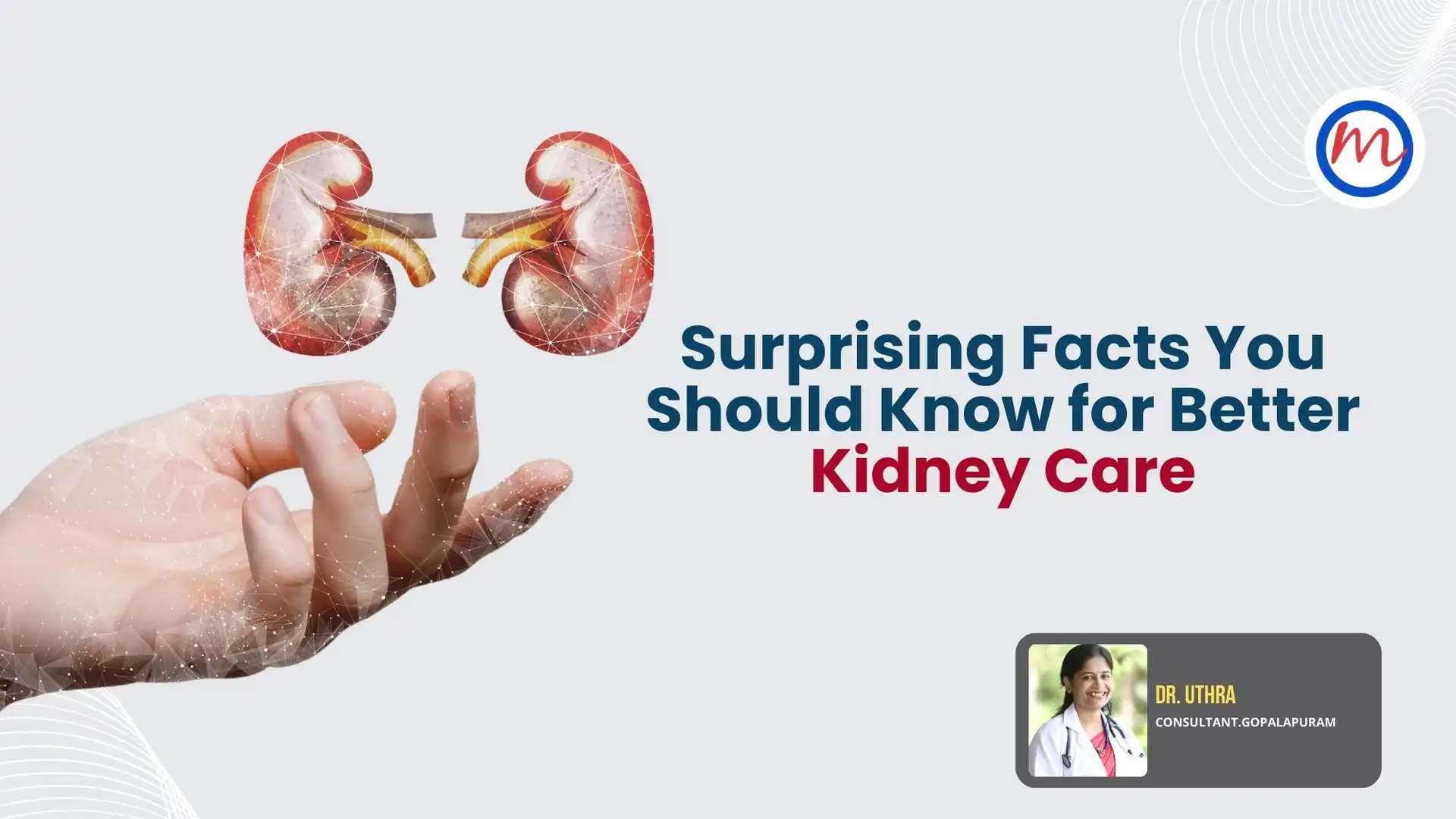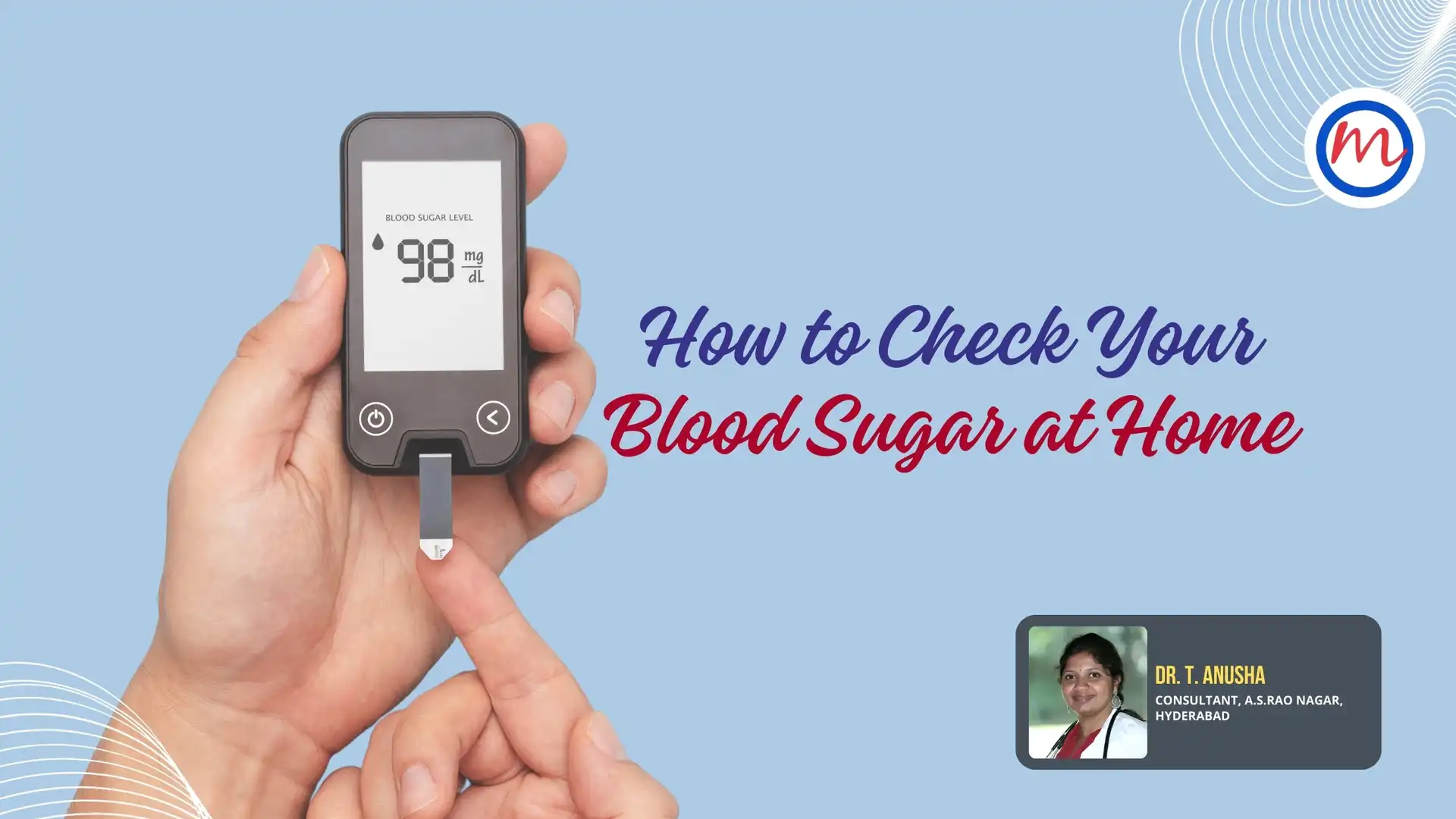Diet Mistakes to Avoid When on Insulin
Taking insulin is an important step in managing diabetes, but insulin alone isn’t enough. What you eat, when you eat, and how much you eat play a big role in how well insulin works. Even with regular injections, common diet mistakes can lead to spikes or drops in blood sugar.
Here are the most common diet mistakes to avoid when you’re on insulin—and how to fix them.
Mistake 1: Skipping Meals After Taking Insulin
Why it’s harmful: If you inject insulin and delay or skip a meal, your blood sugar can drop dangerously low, causing hypoglycaemia.
Fix it: Always eat on time after your insulin shot—especially when taking rapid-acting or short-acting insulin. Keep a small snack handy in case you’re delayed.
Mistake 2: Overeating Carbohydrates
Why it’s harmful: Too many carbs, especially refined ones (like white rice or sweets), can overwhelm insulin and spike your blood sugar.
Fix it: Use carbohydrate counting. Include high-fibre carbs like whole grains, vegetables, or legumes, and balance with protein.
Mistake 3: Not Adjusting Meals to Match Insulin Type
Why it’s harmful: Different types of insulin have different timings. If your meal doesn’t match your insulin action, sugar levels may swing.
Fix it:
- With rapid-acting insulin, eat immediately after injection.
- With intermediate-acting insulin, have consistent meals and snacks.
- Ask your dietitian for a personalised plan.
Mistake 4: Ignoring Portion Sizes
Why it’s harmful: Eating more than needed—even healthy foods—can raise your blood sugar levels.
Fix it: Learn the ideal plate method:
- ½ plate non-starchy vegetables
- ¼ plate whole grains
- ¼ plate lean protein
Limit high-calorie extras like ghee, sweets, and fried foods.
Mistake 5: Eating Late at Night
Why it’s harmful: Late-night meals or snacks can interfere with your insulin action during sleep, leading to morning hyperglycaemia.
Fix it:
- Eat dinner at least 2–3 hours before bed.
- If needed or if advised by your doctor, have a light bedtime snack.
Mistake 6: Cutting Carbs Completely
Why it’s harmful: Carbs are your body’s main energy source. Without them, insulin dosing becomes tricky and can lead to hypoglycaemia.
Fix it: Choose the right carbs, not zero carbs. Think brown rice, roti, millets, fruits, and vegetables in moderation.
Bonus Tips
- Always read food labels
- Stay hydrated—dehydration affects blood sugar
- Include low glycaemic index (GI) foods
- Work with a dietitian for a personalised insulin-meal schedule
Final Words
Managing insulin isn’t just about injections—it is also about food. By avoiding these common dietary mistakes, you can stay on top of your blood sugar, reduce complications, and feel more in control.
For personalised diet counselling with insulin therapy, visit:
www.drmohans.com/diabetes-nutrition



